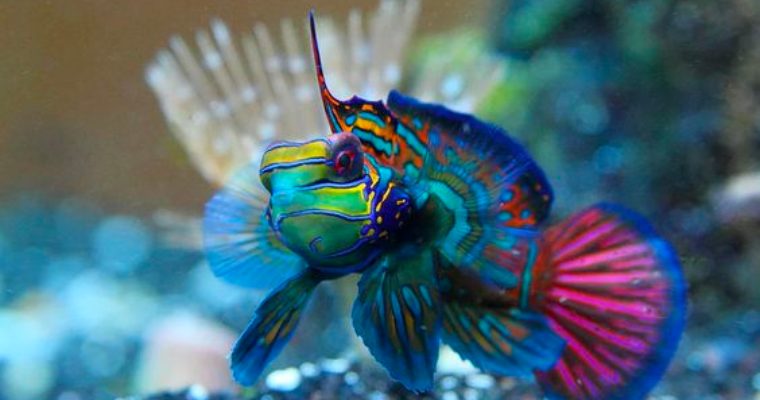
The Mandarin Fish, also known as the Mandarin Dragonet or the Illusion Fish, is a small, brightly colored saltwater fish native to the Pacific Ocean, especially in the waters surrounding Indonesia, the Philippines, and Australia. . They are one of the most prominent and sought-after fish in the aquarium industry due to their vibrant colors and unique appearance.
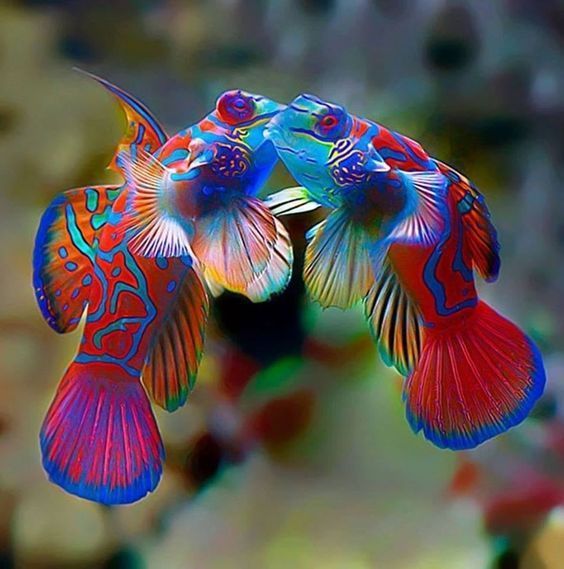
Mandarin fish are small in size, only about 2.5 inches long. They have a slim, elongated body with a large fan-shaped tail fin. Their most striking feature is their brilliant colors – their bodies are enveloped in a kaleidoscope of blue, green, orange and yellow spots and flecks. These colors aren’t just for show; they are a warning to potential predators that mandarin fish are poisonous.
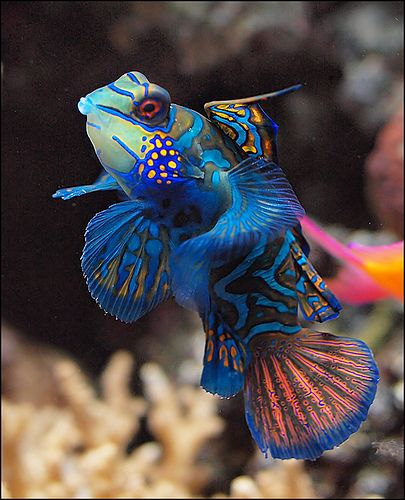
In the wild, mandarin fish are found in shallow reefs and lagoons, where they feed on small crustaceans and other invertebrates. They are also known for their unique way of working. During the breeding season, male ghosts perform an elaborate courtship dance, displaying their characteristic colors and fanning their fins to attract a mate. Once a pair has formed, they will engage in a synchronized spawning ritual, releasing eggs and sperm into the water.
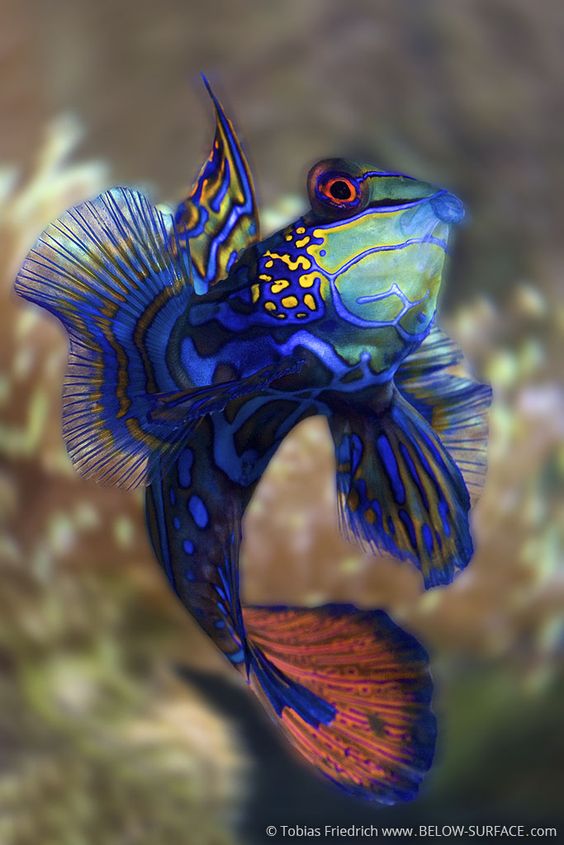
Mandarin fish are not the easiest fish to care for in captivity because they require specific water conditions and a steady food supply. However, for experienced aquarium hobbyists who are willing to put in the effort, they can make a beautiful addition to a saltwater aquarium.
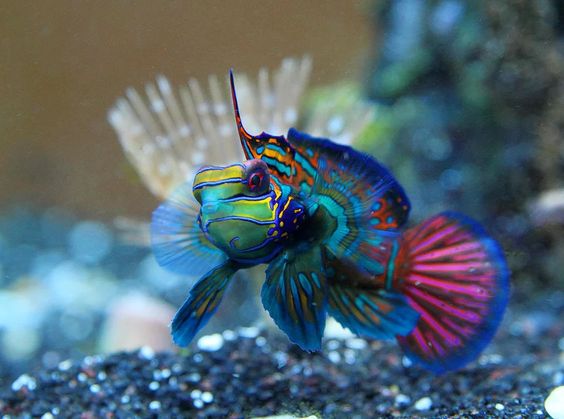
Unfortunately, wild populations of mandarin fish are threatened by fishing and habitat destruction. They are also caught for the aquarium trade, and while captive breeding is more ecological, many mandarin fish are still caught from the wild. For this reason, it is important for aquarium fish keepers to ensure that they only purchase mandarin fish from reputable sources that practice sustainable and ethical fish farming and fishing methods.
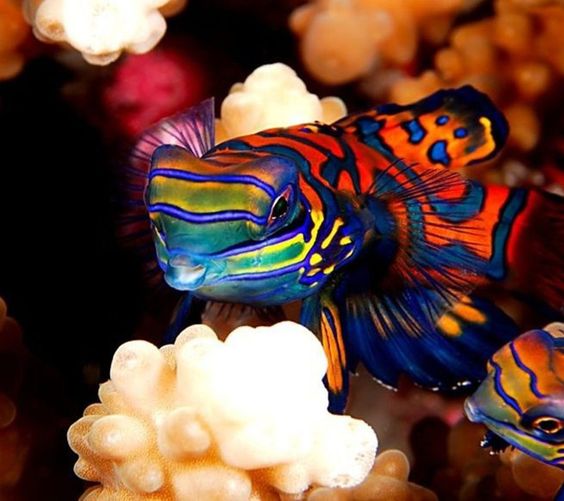
In short, the mandarin fish is an attractive and beautiful fish that has attracted the attention of aquarium lovers around the world. Their unique colors and qualities make them a valuable addition to any saltwater aquarium, but it is important to reiterate the impact that the aquarium trade can have for wild populations. By supporting responsible and sustainable fishing and farming practices, we can help ensure that mandarin fish and other species can continue to thrive in their natural habitats for generations to come. future generations.





